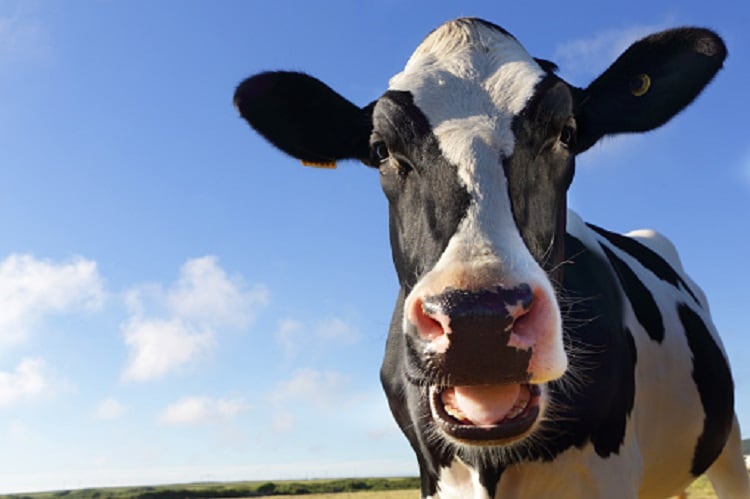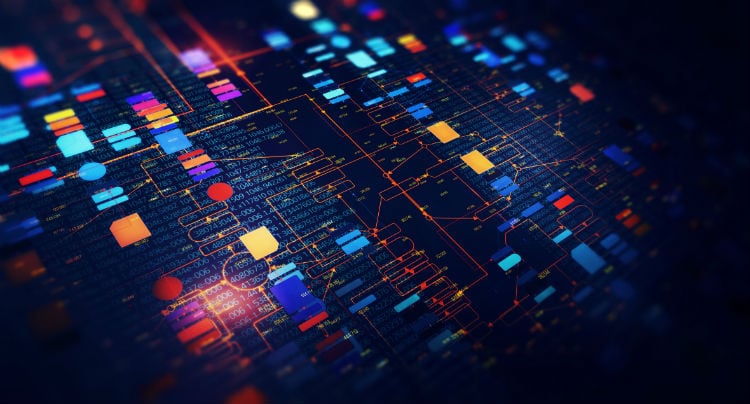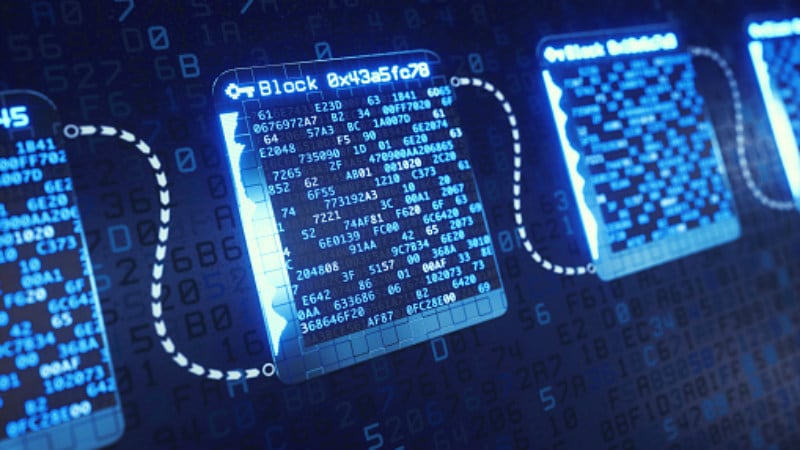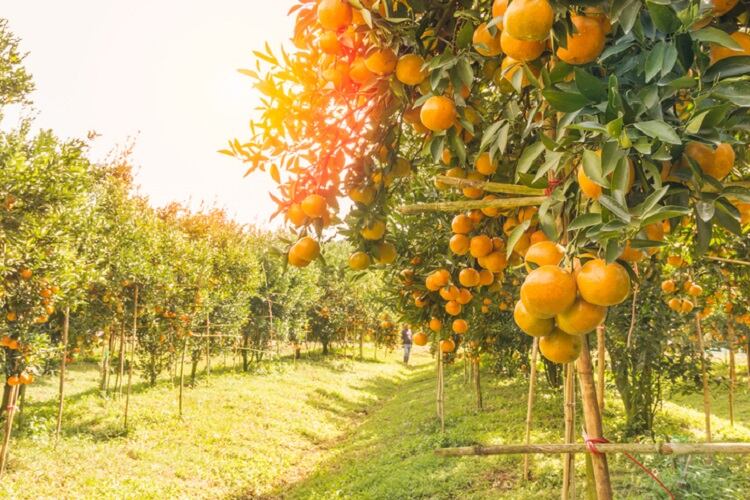This month (March 2019), French supermarket Carrefour will start selling its Carrefour Quality Line (CQL) micro-filtered full-fat milk in bottles with a QR code.
The initiative leverages blockchain technology – an open and secure digital ledger that enables a permanent record of transactions.
When scanned on a smartphone, the QR code diverts consumers to a Carrefour interface. Here, the shopper can learn where the animal was reared and what it was fed, depending on the season.
“These elements allow the consumer to better understand traceability data, and to connect with the agricultural world,” a Carrefour spokesperson told FoodNavigator.
“We don’t always have the space to put [these details] on product packaging – which is already very full – and which consumers don’t always have the time to read.”
According to the French supermarket, the initiative was driven, in part, by consumer demand.
Today, shoppers pay more attention to what they eat, we were told. “They want to be better informed, in order to make better decisions about what they consume.”
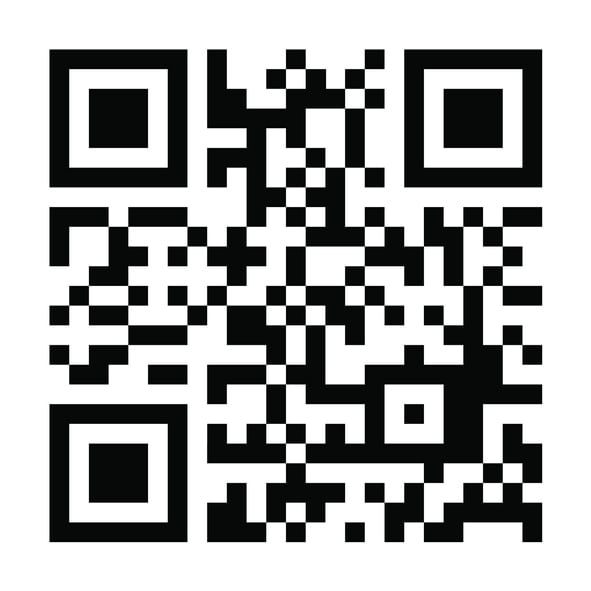
As the technology allows information to be securely exchanged between producers, distributors and consumers across the food chain, the spokesperson continued, why not apply it to enhance traceability?
“Carrefour wants to be the leader in this food transition, and its [CQL] partners follow simple values: local agricultural products, methods that respect the environment, [and] a fair price…”
Supporting local production
CQL refers to products that come from long-term partnerships with suppliers of meat, deli products, fish, seafood, vegetables, cheese, eggs and honey.
Traceability is at the heart of the ‘Carrefour Quality Line’ campaign, and producers must comply with stringent specifications to be included in the initiative.
The cows that produce the dairy for CQL milk, for example, are reared on ‘modestly-sized’ farms in accordance with animal welfare standards, and are located within a 30 km radius of dairy partner ‘Gillot’s dairy’.
Being micro-filtered means the milk has not been subjected to high temperatures – as it is when pasteurised.
Once the cream is removed, the milk is finely filtered, removing any impurities and bacteria in the process.
“Next, we add the cream, which has been treated separately,” the spokesperson continued. “This milk, however, is fragile: it lasts approximately 15 days and must be kept cold storage between 2-44°C, which is why it is sold in the fresh aisle of Carrefour supermarkets.”
The advantage of this technique, according to the spokesperson, is that the taste is closest to that of raw cow’s milk, and the product’s nutrient profile is not affected.
Too much information?
The QR code on Carrefour’s CQL bottles enables consumers to specifically identify various stakeholders involved in the product line with names and photographs. This includes those responsible for rearing the livestock, processing the milk, and conducting quality checks across the supply chain.
For meat production, however, manufacturers appear to be more wary. UK retailer-cum-manufacturer Marks and Spencer (M&S) has implemented a DNA traceability system across its beef supply chain, yet withholds information on precise farm locations from consumers.
“We do, on our website, publish all our processing sites,” explained M&S head of agriculture and fisheries sourcing, Steve McLean, at the global food safety initiative (GFSI) conference last month in Nice.
“[Yet] I’m really nervous about publishing farm addresses or even showing a map of farm addresses which are family homes,” he told delegates.
“Not everybody likes livestock production. So we’ve come up with a compromise, where we have the data and take it down to a county level in terms of what we show.”
FoodNavigator asked Carrefour if the supermarket was worried its QR codes revealed too much information about its producers, but the supermarket did not respond ahead of publication.
Latest link in the blockchain
Carrefour’s latest blockchain development is not the first time the supermarket giant has leveraged the digital ledger technology.
The French retailer has applied the technology to its Auvergne chicken and farmhouse-fattened chicken line, as well as its tomato, egg and orange supply chains.
Indeed, the technology is gaining traction across Europe as consumers show more interest in where their food comes from, and how it is produced.
Dutch supermarket Albert Heijn, for example, has also applied blockchain to its own brand of orange juice to enhance traceability and transparency.
The firm has also printed QR codes on its orange juice bottles for consumers to scan, offering up data on where in Brazil the oranges were sourced, the date they were harvested, when they left Brazil for Europe, and were processed into juice concentrate.


